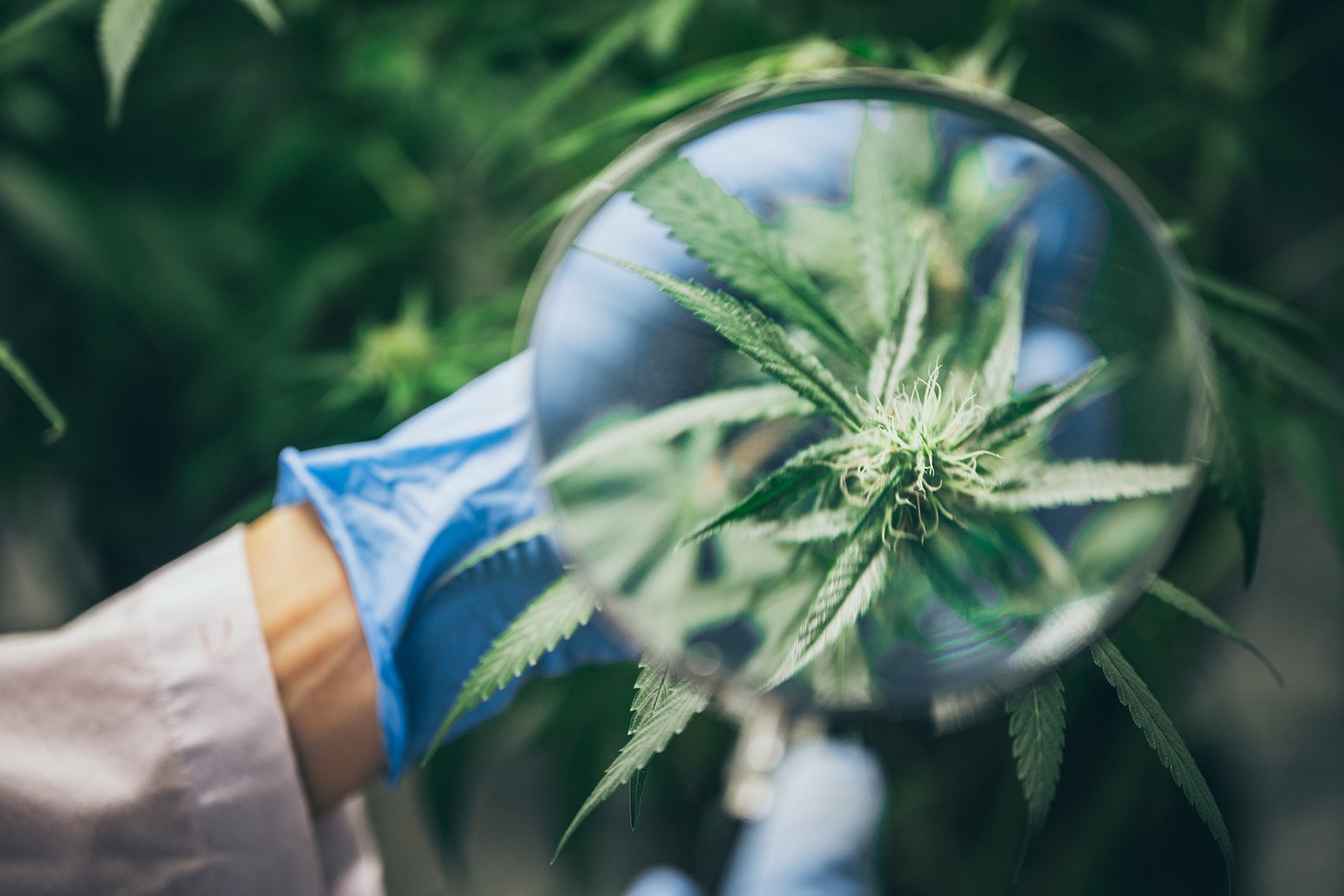
The Role of Herbs in Strengthening Immunity Naturally
- September 28, 2025
Elderberry, Echinacea, Garlic, Turmeric with Black Pepper, Ginger, Medicinal Mushrooms (Reishi, Lion’s Mane, Cordyceps, Turkey Tail, Shiitake), Andrographis, Ginseng, Olive Leaf, Licorice Root, and Nettle are among the most trusted herbs for supporting the immune system. They help by modulating immune cells, reducing inflammation, and providing essential antioxidants.
Why Natural Immunity Support Matters
The immune system is the body’s natural defense against viruses, bacteria, and toxins. In modern life, stress, lack of sleep, processed foods, and environmental pollutants weaken these defenses. Herbs have been trusted for centuries to strengthen natural immunity and help the body adapt to changing seasons. Unlike synthetic solutions, herbs contain a mix of bioactive compounds that nourish, regulate, and protect the immune system over time.
How Do Herbs Support the Immune System?
Herbs influence the immune system through various pathways. Some increase white blood cell activity, while others reduce inflammation or provide minerals and antioxidants that fuel the body’s natural defenses. Together, they offer a complete toolkit for resilience.
- Encourage immune cell activity such as T-cells, B-cells, and NK cells.
- Reduce chronic inflammation that suppresses natural defense.
- Offer antibacterial, antifungal, and antiviral protection.
- Support gut health which houses the majority of immune cells.
Key Herbs for Natural Immunity Support
Elderberry (Sambucus nigra)
Rich in anthocyanins, elderberry is one of the most studied herbs for viral defense. It reduces the duration and severity of flu-like symptoms and provides antioxidants that protect immune cells from damage. It is safe for adults and children in syrup or tincture form.
Echinacea (Angustifolia, Purpurea, Root)
Echinacea is widely known for activating macrophages and immune pathways that respond to viral threats. It is especially effective when used at the start of colds or flu. NHS and clinical trials suggest it can shorten symptom duration when taken properly.
Garlic (Allium sativum)
Garlic is more than a culinary staple. Allicin, its active compound, has proven antimicrobial, antifungal, and antiviral effects. Regular use supports cardiovascular health while boosting immunity. A 2023 study confirmed garlic supplementation reduced the frequency of colds in adults.
Turmeric with Black Pepper (Curcuma longa)
Turmeric’s curcumin compound has powerful anti-inflammatory properties. When combined with black pepper, bioavailability increases significantly. This duo is valuable for long-term immune resilience and for people managing inflammation-related conditions such as arthritis.
Ginger (Zingiber officinale)
Ginger boosts circulation, aids digestion, and provides anti-inflammatory support. It helps prevent early infections from progressing and offers comfort for sore throats and congestion. In traditional British remedies, ginger tea is a go-to during winter flu season.
Medicinal Mushrooms (Reishi, Lion’s Mane, Cordyceps, Turkey Tail, Shiitake)
Mushrooms contain beta glucans that modulate immune responses. They do not overstimulate the system but bring it into balance. This makes them ideal for long-term use in people with weakened immunity, chronic fatigue, or recovery from illness.
Andrographis (Andrographis paniculata)
Known as the “King of Bitters,” Andrographis is particularly useful for respiratory infections. It helps shorten recovery time and reduces inflammation in the lungs and throat. Several European studies confirm its role in preventing cold-related complications.
Ginseng Mix (Siberian, Panax, Blends)
Ginseng is an adaptogen that strengthens both the immune and endocrine systems. It helps people under chronic stress, which is a major cause of lowered immunity. By supporting adrenal balance, it ensures the body can fight infections more effectively.
Olive Leaf (Olea europaea)
Olive leaf contains oleuropein, a compound with broad-spectrum antiviral and antibacterial effects. Mediterranean traditions have used olive leaf for centuries to reduce fever and infections. Today, it is valued for respiratory defense.
Licorice Root (Glycyrrhiza glabra)
Licorice soothes mucous membranes, reduces throat inflammation, and supports adrenal glands. It has mild antiviral properties and enhances the effects of other herbs when combined in blends. Long-term use should be monitored for those with high blood pressure.
Nettle (Urtica dioica)
Nettle is nutrient-dense, providing iron, magnesium, calcium, and chlorophyll. It strengthens the body’s vitality and supports recovery from seasonal fatigue. It is often called a “spring tonic” in traditional UK herbalism.
Comparison Table: Herbs and Their Immune Benefits
| Herb | Immune Benefit | Best Form | Notes |
|---|---|---|---|
| Elderberry | Antiviral, cold and flu support | Syrup, tincture | Take early in illness |
| Echinacea | Activates immune defense | Tincture, capsules | Short-term seasonal use |
| Garlic | Antimicrobial, antiviral | Fresh, tincture | Daily dietary use |
| Turmeric + Pepper | Anti-inflammatory, antioxidant | Tincture, powder | Absorption boosted by pepper |
| Medicinal Mushrooms | Immune modulation | Tincture, powder | Safe long-term |
| Andrographis | Respiratory defense | Tincture, capsules | Bitter taste, strong action |
| Ginseng | Adaptogen, stress resilience | Tincture, tea | Take breaks between cycles |
| Olive Leaf | Antiviral, antibacterial | Tincture, capsules | Supports respiratory system |
| Licorice Root | Soothing, antiviral | Tincture, tea | Check if hypertensive |
| Nettle | Mineral tonic, vitality | Tea, tincture | Safe for daily use |
Everyday Tips for Using Herbs Safely
- Choose tinctures for fast absorption and higher potency.
- Combine herbs for synergy such as Elderberry with Echinacea.
- Rotate or cycle adaptogens like Ginseng rather than taking continuously.
- Always consult a professional if pregnant, breastfeeding, or using medication.
Final Thoughts
Herbs have been trusted for centuries to keep families healthy. By combining antiviral herbs like Elderberry, adaptogens like Ginseng, and mineral-rich tonics such as Nettle, you can create a complete herbal toolkit for year-round immune support. Choosing high-quality tinctures and blends ensures safety and effectiveness, making herbal immunity support a reliable part of modern wellness.
FAQs
Which herb is most effective for immunity?
Elderberry and Echinacea are most widely used in the UK, with solid research support.
Can children use herbal immunity remedies?
Yes. Elderberry syrup and chamomile are safe when diluted, but dosages must be age-appropriate.
Do herbs replace vaccines or medicine?
No. Herbs provide supportive care, but serious infections require medical treatment.
How fast do herbal remedies work?
Acute herbs such as Echinacea work within days, while tonic herbs like mushrooms and nettle strengthen immunity over weeks.
Which herbs are best for winter immunity?
Garlic, elderberry, mushrooms, and ginger are top choices for seasonal resilience.
Recent Post

Medical Marijuana for Cancer
January 10, 2023

Medical Marijuana Needs to Be Legal
January 7, 2023

Is CBD Oil Safe to Use? Explaining
January 1, 2023
Contact Now
Explore our wide range of natural herbal products crafted for your wellness and everyday care.
Book An Appointment
Schedule a personalized consultation with Herbarium Choices to explore tailored herbal solutions for your health. Let us guide you toward a balanced and vibrant lifestyle.
